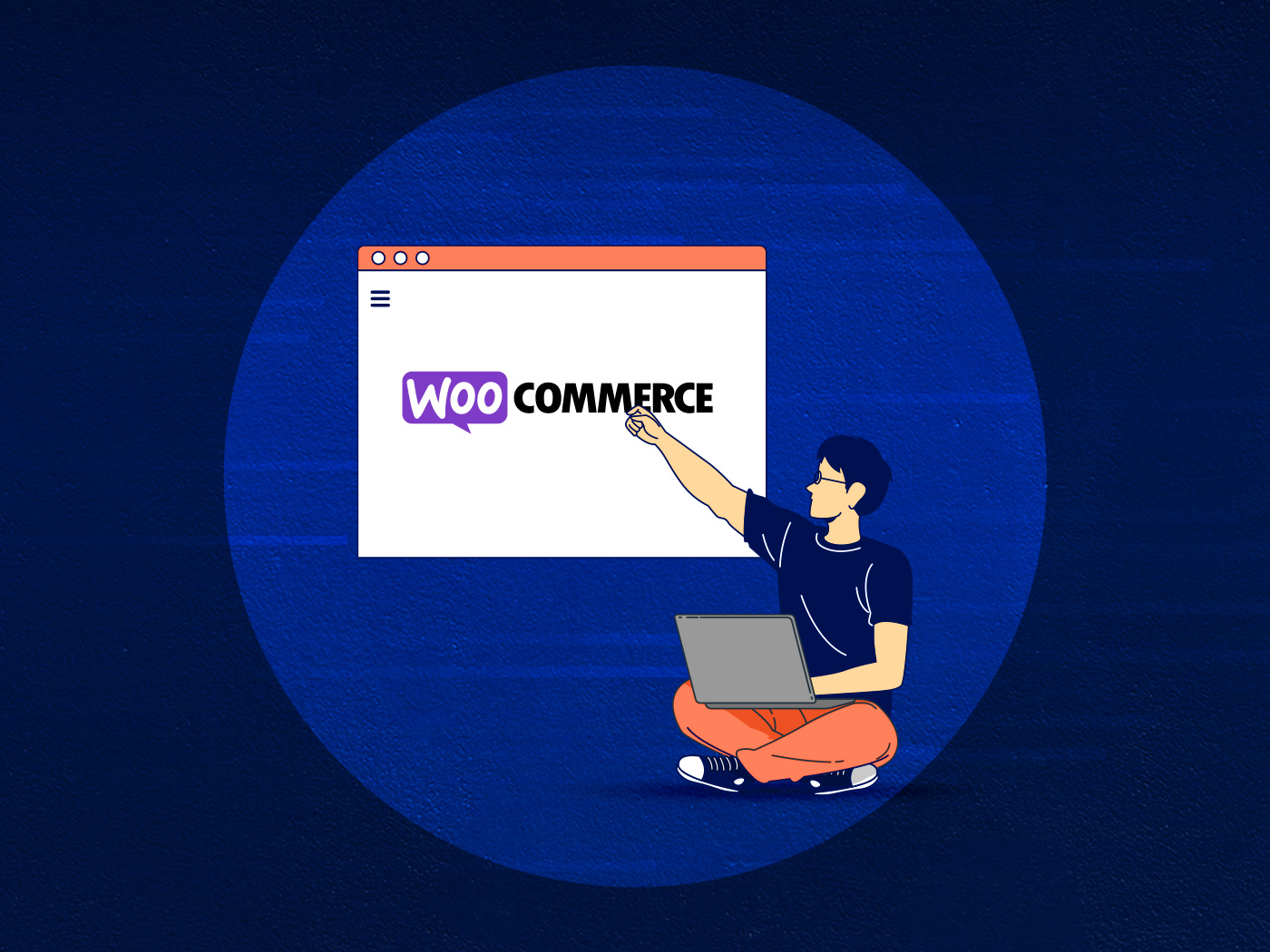Picture this: You’re shopping online for a new pair of shoes, and you stumble upon a website that you’ve never heard of before. You’ve found the perfect pair, but you’re hesitant to make the purchase. You start to wonder if this website is legitimate and if the shoes are worth the price.
This is where social proof comes into play.
So, what exactly is social proof? In simple terms, it’s the idea that people tend to follow the actions of others when making decisions. When we’re unsure about a product or service, we look to others for guidance. Social proof can come in many different forms, such as customer reviews, social media followers, celebrity endorsements, and more.
But how does social proof affect eCommerce? Well, the answer is simple: it can make or break your online business.
In today’s digital age, consumers have more options than ever before. If they’re not convinced that your business is trustworthy and reliable, they’ll simply move on to the next one. This is why social proof is crucial for eCommerce businesses, especially when it comes to the checkout page.
Now that you have a basic understanding of social proof and its impact on eCommerce, let’s dive deeper into how it can help increase conversions on your checkout page.
Types of Social Proof
Let’s take a look at the different types of social proof that you can use to increase conversions on your checkout page.
Customer Reviews: Customer reviews are perhaps the most common type of social proof used by eCommerce sites. They’re a great way to showcase the experiences of other customers and provide valuable insights into the quality of your products and services.
Ratings: Ratings are a quick and easy way for customers to assess the quality of your products or services. They’re often displayed alongside customer reviews and can be a powerful tool for influencing purchasing decisions.
Learn More: The Art of Abandoned Cart Emails: How to Recover Lost Revenue
Testimonials: Testimonials are similar to customer reviews, but they’re typically written by well-known individuals or influencers. They can be especially effective when used in conjunction with other types of social proof, such as customer reviews or ratings.
Social Proof on the Checkout Page
Moving on, how can you incorporate social proof effectively on your checkout page? Let’s take a look at some examples of successful eCommerce sites that use social proof effectively:
Amazon: Amazon’s product pages feature a wealth of customer reviews, ratings, and even questions and answers from other customers. This makes it easy for potential buyers to get a sense of the product’s quality and suitability for their needs.
Zappos: Zappos is known for its exceptional customer service, and they use customer testimonials to highlight this on their checkout page. By featuring quotes from satisfied customers, they’re able to build trust and credibility with potential buyers.
Know More: Can WordPress Actually Scale to Handle Huge Amounts of Sales?
Sephora: Sephora uses ratings and reviews to great effect on their product pages, but they also take it a step further by featuring user-generated content on their website and social media channels. By showcasing real-life examples of customers using their products, they’re able to create a sense of community and social proof around their brand.
So, how can you select and incorporate the right types of social proof on your checkout page? Here are a few tips to keep in mind:
Use a variety of social proof types: Don’t rely solely on customer reviews or ratings – incorporate a mix of different types of social proof to create a more compelling case for your products or services.
Keep it relevant: Make sure that the social proof you’re using is relevant to your products or services. For example, if you’re selling clothing, customer photos of the clothing might be more effective than text-only customer reviews.
Related: WooCommerce vs Magento
Be authentic: Don’t try to fake social proof by buying fake reviews or followers. Consumers are savvy and can spot inauthentic social proof from a mile away. Instead, focus on building a loyal customer base that will naturally generate positive social proof for your business.
Building Trust Through Social Proof
Trust is an essential component of any successful eCommerce transaction. Customers want to feel confident that they’re making a smart purchase from a trustworthy seller. That’s where social proof can be incredibly helpful in building trust with potential customers.
So, how does social proof help build trust?
Well, when customers see that other people have had positive experiences with your products or services, it provides social validation that your business is trustworthy and reliable. It can also help to alleviate any concerns or fears that potential customers may have about making a purchase.
One example of social proof from Convesio:

Convesio features customer reviews on their homepage, including quotes from satisfied customers and a five-star rating system. This helps to build trust with potential customers by showcasing the positive experiences of other users.
Overcoming Last-Minute Purchase Objections with Social Proof
Have you ever been ready to make a purchase online, only to hesitate at the last moment? Maybe you weren’t sure about the quality of the product or the reliability of the seller.
These are common purchase objections that can prevent customers from completing the checkout process. Fortunately, social proof can help to overcome these objections and increase conversions. Here’s how:
Quality: If customers are concerned about the quality of your products or services, customer reviews and ratings can help to alleviate these concerns. When potential customers see that other people have had positive experiences with your offerings, it can provide the reassurance they need to make a purchase.
Reliability: If customers are concerned about the reliability of your business, case studies and testimonials can help to overcome these objections. By showcasing the success stories of real-life customers, you can demonstrate that your business is trustworthy and reliable.
Decision Paralysis: Sometimes, customers may be overwhelmed by the number of options available on your website, which can lead to decision paralysis. Social proof can help to simplify the decision-making process by highlighting the most popular or highly-rated products or services.
By using social proof to overcome these common purchase objections, you can increase conversions and improve the overall customer experience on your website.
Implementing Social Proof on Your Checkout Page
Now that we’ve discussed the benefits of social proof and how it can help increase conversions on your eCommerce website, let’s talk about the best practices for implementing social proof on your checkout page.
Display Customer Reviews: Displaying customer reviews and ratings on your checkout page is a great way to provide social proof and build trust with potential customers. Make sure that reviews are prominently displayed and easy to read.
Showcase Testimonials: Including testimonials from satisfied customers on your checkout page can help to establish your business as a reliable and trustworthy source for products or services. Testimonials can be especially impactful if they address common objections or concerns that potential customers may have.
Use Trust Badges: Incorporating trust badges, such as security badges or industry certifications, on your checkout page can help to reassure potential customers that their information is safe and secure. Make sure that trust badges are prominently displayed and easily recognizable.
To make social proof even more prominent and impactful on your checkout pages, consider using tools and resources such as Elementor or other WooCommerce plugins. These tools can help you easily collect and display customer reviews, ratings, and testimonials in a visually appealing and effective way.
In addition, it’s important to regularly monitor and update your social proof content to ensure that it remains relevant and up-to-date. Continuously collecting new reviews and testimonials can help to keep your social proof fresh and compelling for potential customers. If a testimonial is feeling a bit stale, try to refresh it with something new.
Measuring and Optimizing Social Proof Performance
Once you’ve implemented social proof on your checkout page, it’s important to track and analyze its performance to ensure that it’s effectively driving conversions and building trust with potential customers.
Here are some metrics to track when measuring social proof effectiveness:
Conversion Rate: The conversion rate is the percentage of visitors who complete a desired action, such as making a purchase or filling out a form. By tracking the conversion rate of your checkout page, you can determine whether social proof is effectively driving conversions.
Engagement Metrics: Engagement metrics, such as time on page and bounce rate, can help you understand how users are interacting with your checkout page. By analyzing these metrics, you can determine whether social proof is effectively capturing users’ attention and keeping them engaged.
Social Proof Specific Metrics: Metrics specific to social proof, such as the number of reviews or ratings displayed on the checkout page, can help you understand the impact of social proof on the overall user experience and conversion rate.
Optimizing Social Proof
Based on performance data, you can optimize social proof strategies to improve their effectiveness. Here are some strategies for optimizing social proof:
Test Different Types of Social Proof: Experiment with different types of social proof, such as customer reviews, testimonials, or trust badges, to determine which types are most effective for your specific audience and products or services.
A/B Testing: A/B testing can help you determine which variations of social proof content are most effective in driving conversions. Test different formats, placements, and wording to optimize social proof content.
Continuously Collect New Social Proof: Regularly collecting new reviews, ratings, and testimonials can help keep social proof content fresh and compelling for potential customers.
Concluding Thoughts
In conclusion, social proof can be a powerful tool for increasing conversions and building trust with potential customers on your checkout page. By displaying customer reviews, ratings, and testimonials, you can address common purchase objections and create a more compelling user experience.
The chances for increased conversions are much higher when the page loads fast and you don’t want to lose customers with slow hosting. Get started with a scalable and fast hosting for WooCommerce store with Convesio.


